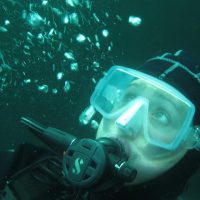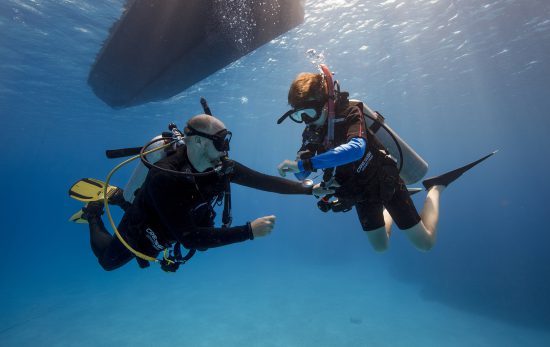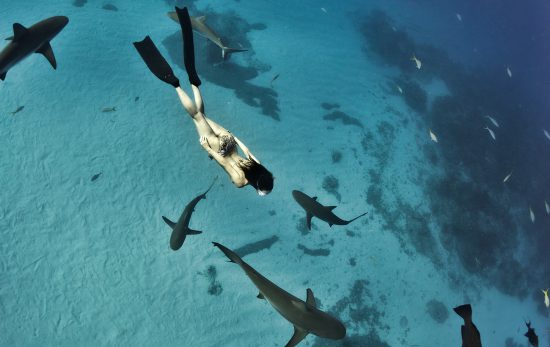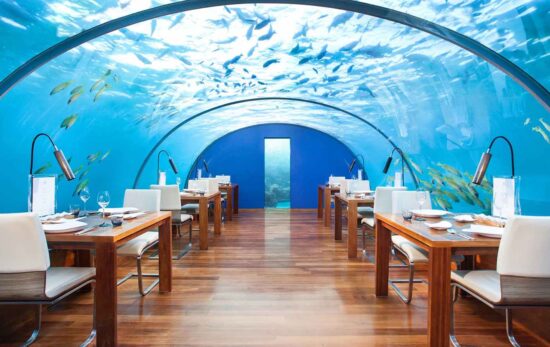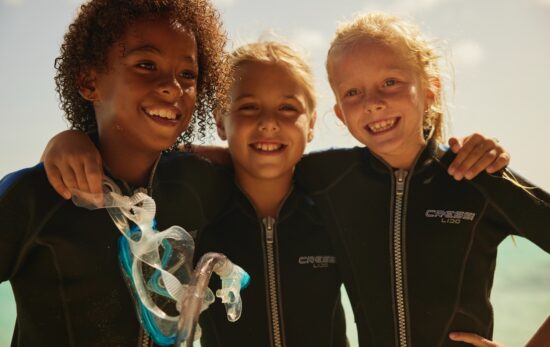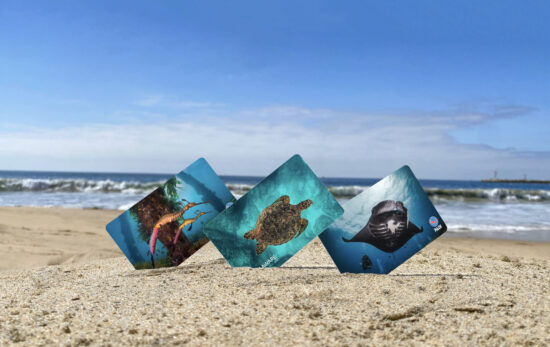One of the most exciting aspects of becoming a scuba diver is how much you will learn! Not only will you develop skills for scuba diving, you will also learn a surprising amount about yourself and what you are capable of, if you are willing to challenge yourself.
But learning isn’t always easygoing, so here are five ways to propel yourself forward…
Do what matters
What matters to you? This is a key question for effective learning. Humans are efficient and we discard irrelevant information. Yet if we know how we can use the knowledge, it sticks in our minds. Often the passion for diving itself is enough, maybe you have already learned more physics and physiology due to becoming a diver. However, you can always add an extra twist by taking training that is connected to things that mean something to you: science, travel, conservation, exploration …
Work to get better
If you could already do it, then it wouldn’t be called learning! Learning is hard sometimes, it is effortful! Research shows that people who accept (and enjoy) the challenge of learning tend to be more successful in learning. Focus on the effort, and the progress will take care of itself.
Make mistakes in a safe environment
You don’t know what you are doing and will certainly get it wrong sometimes. And this is exactly what is supposed to happen – we need to make mistakes! Mistakes made in safety are valuable, because we can then find out how to do things correctly when it matters. Fear of failure can lead us to put all our effort in the wrong place, and that gets in the way of real learning. When you make a mistake, learn how to do it right, and practice. Focus on discovering what works for you.
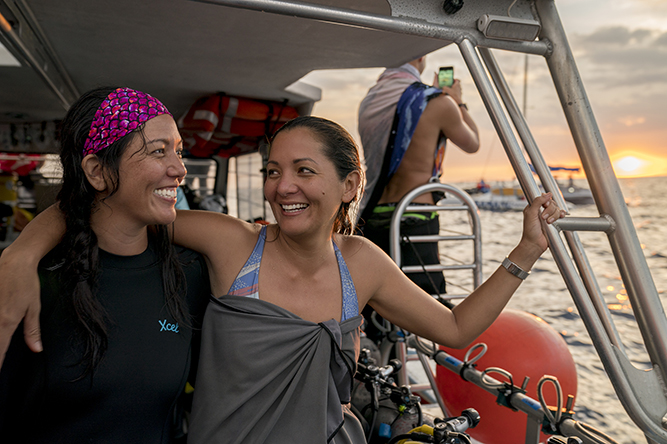
Stretch your comfort zone
Those first few breaths underwater feel weird! And to press the deflate button and let yourself sink below the surface goes against all human instinct! Diving includes lots of moments of being uncomfortable… and that is a good thing! If we stay within our comfortable limits, we stop growing.
But, be careful, the comfort zone is a bit like an elastic band: it is great to stretch to make more space for new skills, but if you overstretch it, it can ping back or snap! Pace yourself and add appropriate safety measures. When pushing at the edge of your ability, follow recognised courses and use instructor supervision to stay safe.
Use stress – not too little, not too much
Stress is good for learning! A little stress pushes us develop the skills we need and causes us to expand our limits.
Stress is also bad for learning! Too much stress has effects on the brain and body. If excessively stressed, we fear for our safety or social status, (i.e. for making mistakes and failing). When our attention is focused on survival and social safety then there are simply less brain resources available for memory and learning.
Do what matters to you in diving. Stress, fail, then work harder and stretch and you can learn to be a better diver.
AUTHOR BIO:
Dr Laura Walton is a Clinical Psychologist and PADI IDC Staff Instructor with a fascination for the psychology of diving. Visit scubapsyche to learn more about our behaviour as divers.
